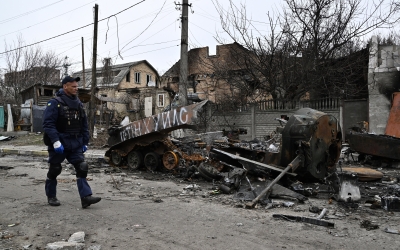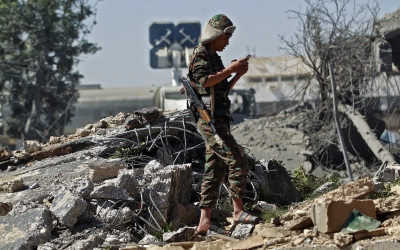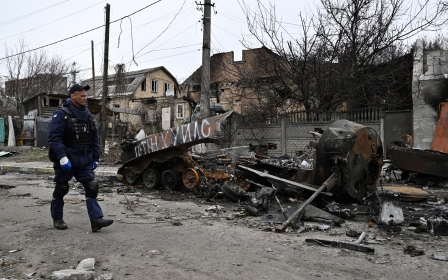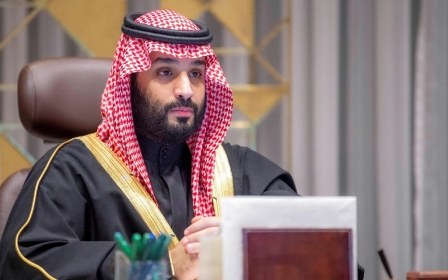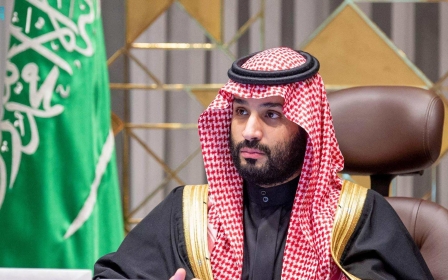Biden to blame for US energy crisis, says former Saudi intelligence chief
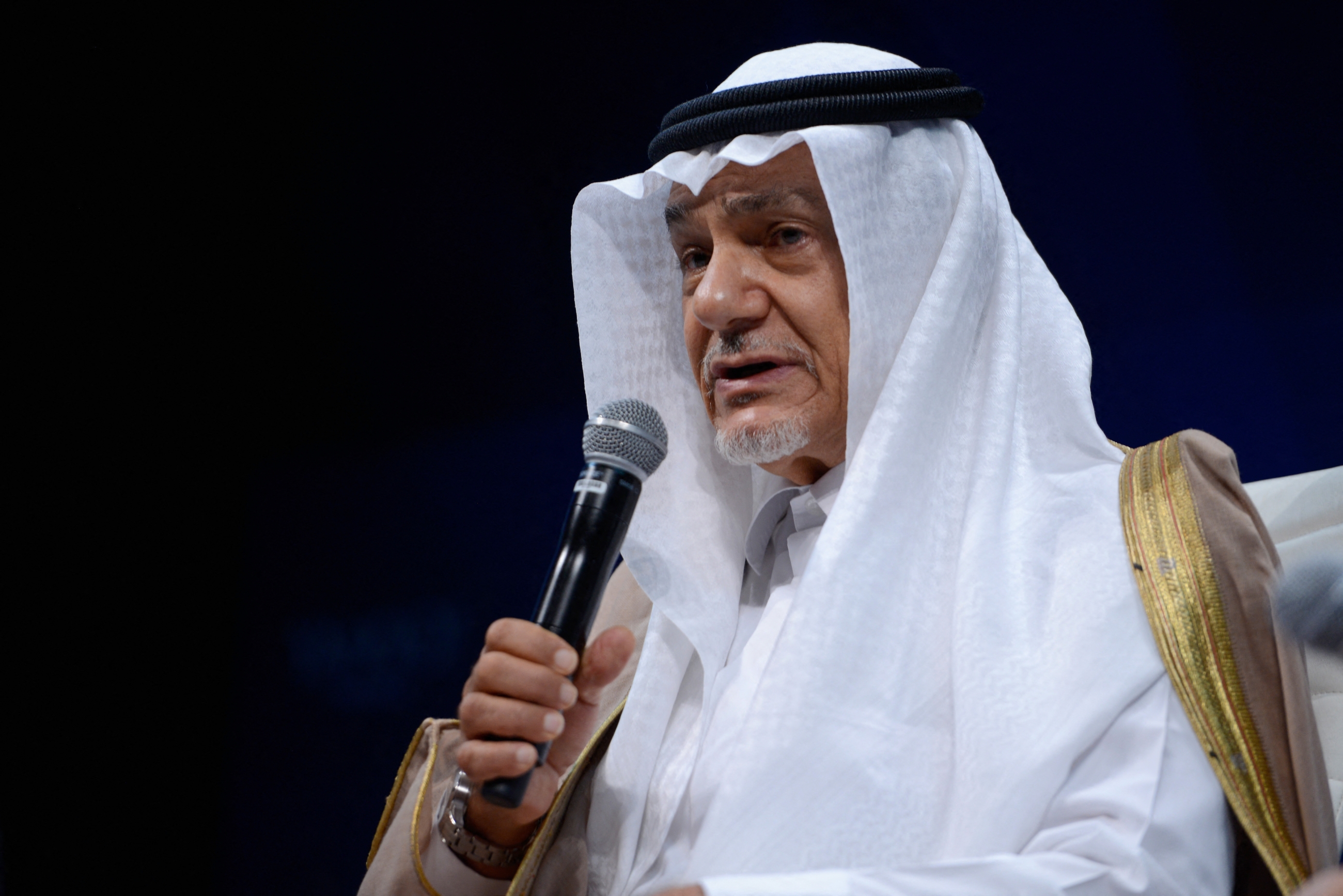
Top Saudi royal and former intelligence chief Prince Turki al-Faisal pushed back on Monday against claims that the kingdom was at fault for rising energy prices in the US, instead putting the blame on the Biden administration.
“When you say that Saudi Arabia has not budged on the issue of the oil problems that America is facing, basically America itself is the reason for the state that they’re in because of their energy policy,” Faisal told the state-run Arab News.
In October, Biden directly accused Opec, a group of oil producers including Saudi Arabia, which is the leading crude oil producer of the organisation, of withholding supply and driving up gasoline prices in the US.
“There’s a lot of Middle Eastern folks who want to talk to me,” he said, “I’m not sure I’m going to talk to them.”
Calls for the kingdom to increase production only accelerated after Russia’s invasion of Ukraine exacerbated the rise in energy prices, with the national average price for gasoline in the US hitting a record high in March of $4.17 a gallon.
That has helped drive up inflation and is seen as denting Biden’s party’s hopes for midterm elections later this year.
In April, a group of Democratic lawmakers sent a letter to Secretary of State Anthony Blinken, citing the kingdom’s resistance to increasing oil production as one of many reasons to "recalibrate" the US’s partnership with Saudi Arabia.
Faisal, a former US ambassador and now chairman of the King Faisal Center for Research and Islamic Studies based in Riyadh, said the Biden administration’s policies were responsible for the rise in US gasoline prices.
“President Biden made it a policy of the US government to cut all links to…the oil and gas industry, and he curtailed the oil production and gas production in the US…that has helped bring up the prices of oil,” Faisal said.
Saudi Arabia supplies the US with about five percent of its crude oil and petroleum imports, and its status as home to the world’s second-largest reserves of oil, along with its ability to ramp up or down production, gives it the power to sway global energy markets.
However, in recent years, the US has emerged as one of the world’s biggest oil producers, driven in part by a boom in fracking. That has allowed the US to drastically reduce its reliance on foreign supplies but has also stirred criticism among many progressives in Biden’s party who are pushing for a rapid transition to green energy.
Saudi Arabia 'let down' by US
At the heart of differences between Saudi Arabia and the US over oil production is an Opec agreement made with Russia to marginally increase supply. Made in 2020, the deal followed a price war between Saudi Arabia and Russia that sent prices tumbling and also hit US producers.
Faisal on Monday defended Saudi Arabia’s refusal to break with the pact despite Russia’s invasion of Ukraine. “That is an agreement that is for the benefit of everybody and that is for the stability of oil prices," he said.
He added that price pressures stemmed from new security threats in Ukraine driving up insurance rates, “plus the European and American curtailment and sanction of the Russian oil industry", in response to Moscow's invasion.
Discussing the strain in bilateral ties, Faisal pointed to the Biden administration’s handling of regional security issues and said the kingdom felt "let down" by the US’s position on the war in Yemen.
The Biden administration has criticised the Saudi-led war effort against Iran-aligned Houthis in Yemen, and one of the first acts of the administration was to suspend offensive military support to Riyadh. The Gulf powers have also been alarmed by what they view as the US’s tepid response to recent Houthi missile and drone attacks.
Washington's critique of human rights issues has also irked Riyadh. On the campaign trail, Biden pledged to make Saudi Arabia the "pariah that they are" for the 2018 murder of Middle East Eye and Washington Post columnist Jamal Khashoggi, and famously ruled out dealing directly with the country's de facto ruler, Crown Prince Mohammed bin Salman.
"We've had our ups and downs over the years, and perhaps at this time it's one of the downs,” Faisal said, “particularly since the president of the United States in his election campaign said that he will make Saudi Arabia a pariah, and of course, he went on to practise what he preached.”
Middle East Eye propose une couverture et une analyse indépendantes et incomparables du Moyen-Orient, de l’Afrique du Nord et d’autres régions du monde. Pour en savoir plus sur la reprise de ce contenu et les frais qui s’appliquent, veuillez remplir ce formulaire [en anglais]. Pour en savoir plus sur MEE, cliquez ici [en anglais].


